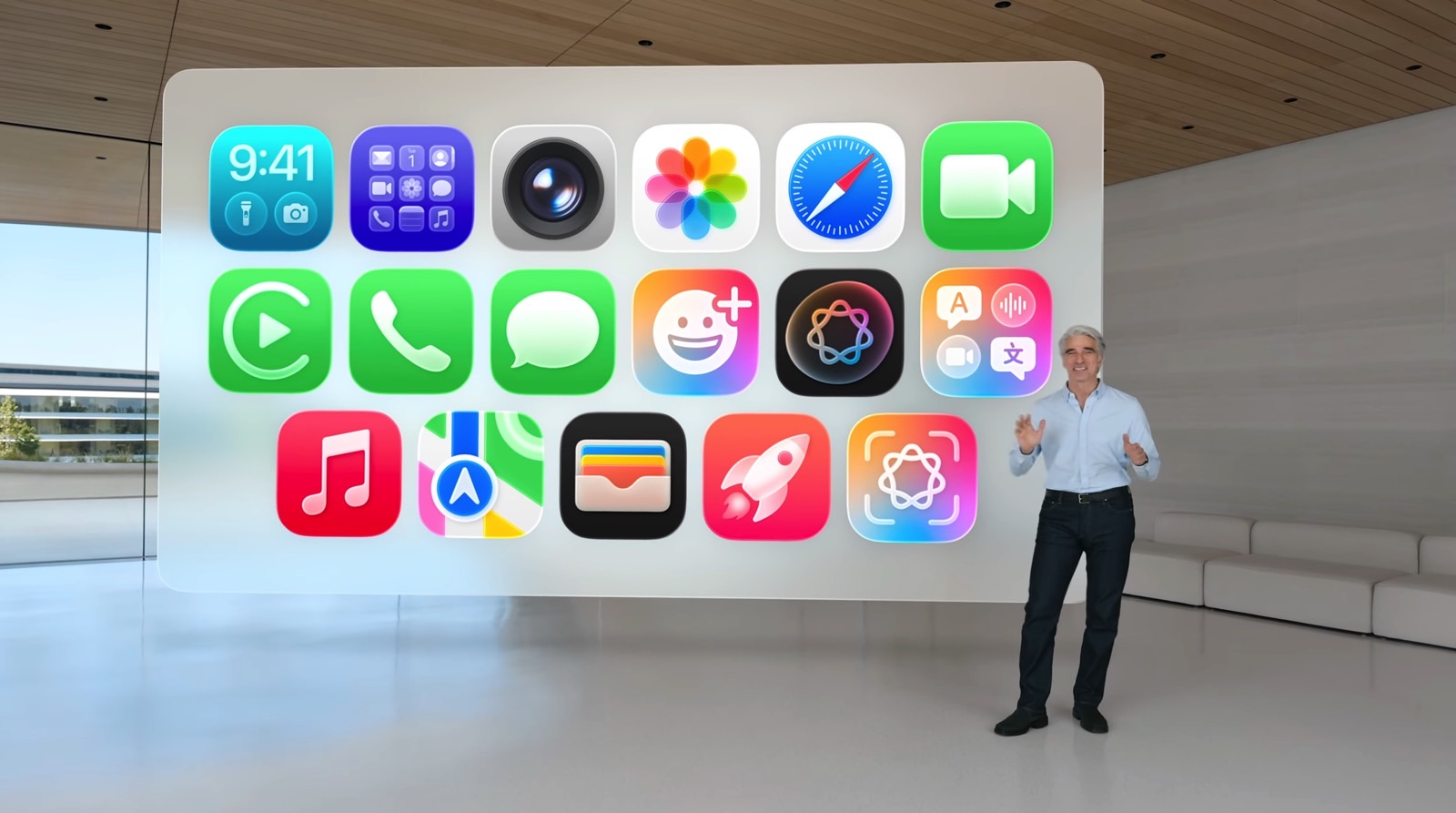Rupesh dabbir is a Software Engineering Manager at Google with over a decade of experience building highly scalable systems in the cloud.
The emergence of artificial intelligence (AI) is transforming the software engineering domain in ways we haven’t seen in the past few years. What was once entirely dependent on human creativity and problem-solving is now being enhanced—and, in some cases, even automated by a plethora of AI tools growing every hour. Although this shift brings challenges, it also opens up opportunities for engineers to rethink their roles and adapt to the changing technology landscape.
The Evolving Role Of The Software Engineer
As AI becomes deeply integrated with how software engineers write code, it’s essential to understand how developers can take advantage of AI and thrive in the new technology era. Software engineering roles are increasingly moving to AI-assisted programming roles, using tools like GitHub Copilot and Cursor that not only make coding more efficient but also save time for developers to focus on core business logic and problem-solving rather than handling repetitive tasks.
This paradigm shift can enhance collaboration and increase efficiency. However, this also presents concerns about job displacement and the need for reskilling, making it crucial for software engineers to invest in education that helps them upskill in AI.
Will AI replace human jobs? This is difficult to say, but the integration of AI into software engineering will likely create new opportunities that require a partnership between machines and humans, who can harness AI’s ability to solve problems while still maintaining oversight. Software engineering involves much more than just inserting code snippets. It demands creativity and collaboration among multiple stakeholders (e.g., the user experience team, product team and technical program managers) to address complex problems and deliver innovations that meet customer needs. Ultimately, the product being built should apply to real customer use cases.
Ethical Considerations
The current state of AI presents ethical challenges that need to be tackled. For example, there are issues related to data privacy and risk-based algorithms. As AI emerges into decision making frameworks, it’s important to guarantee fairness, transparency and accountability to uphold public confidence and encourage innovation through responsible AI.
Addressing these ethical considerations will require engagement from not just developers but also policymakers and committees responsible for upholding responsible AI use companywide to ensure diverse perspectives are considered. To this end, it’s essential to establish clear guidelines on ethical AI use.
The Impact Of AI On Software Development
Automation Of Coding Tasks
Through AI, monotonous tasks such as migrations, code generation, test executions, test generation and debugging can be delegated to sophisticated systems. This frees up developers’ time to focus on the important aspects of the software development life cycle, increasing overall productivity and innovation.
Enhancements In Code Quality
AI can help developers analyze errors or find vulnerabilities or bugs that were overlooked in software development. This can significantly improve the overall quality and reliability of the code, thus saving a lot of time for the entire organization. This can also lead to the identification of issues before the code lands in production.
Code Generation
This is an area where AI truly stands out. By automating the code review process, AI tools can rapidly uncover potential issues, recommend enhancements and deliver valuable insights, which allows developers to concentrate on more sophisticated tasks while helping ensure that high-quality code is preserved during the development life cycle.
Code Refactoring
AI can help developers refactor their code to make it clear, readable and maintainable. These tools can also provide developers with an understanding of the security implications and vulnerabilities of their code, helping ensure the code is safe and backward-compatible with older systems and adheres to the best industry standards and coding practices.
Code Reviewing
This is one of the strongest use cases for AI. AI can help developers automate parts of the code review process by suggesting changes and identifying potential mistakes in the code, thus saving the developers’ time. This also allows developers to focus on writing high-quality code throughout the development cycle.
Testing And Debugging
AI tools can have a significant impact on testing and debugging processes. They can be useful for automating test case generation, creating boilerplate test code and analyzing test results, thus significantly reducing the overall time required to identify and fix issues.
Conclusion
It’s evident that software engineering is undergoing significant changes driven by advancements in AI. There’s a dire need to evaluate existing practices and establish new frameworks to prioritize responsible AI as part of the development life cycle. The real challenges lie with adapting to these changes while ensuring the benefits of AI are distributed equitably across society, where innovation can thrive without compromising ethical principles.
Forbes Technology Council is an invitation-only community for world-class CIOs, CTOs and technology executives. Do I qualify?












